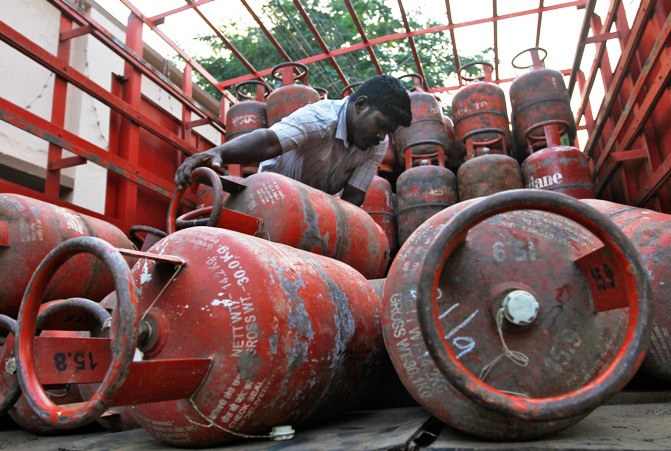
Some products and services have insurance covers most buyers don’t know about.
The best part is, usually, these are free or quite cheap.
For example, there are covers given along with liquefied petroleum gas cylinders, up to a whopping Rs 40 lakh (Rs 4 million) in case of loss of life or damage to property because of cylinder explosions.
Though there are a number of LPG cylinder explosions, causing loss to life and property, no one seems to be aware of an insurance cover available for LPG consumers in such cases.
Here’s what the Hindustan Petroleum Corporation website says: “All registered HP gas consumers are insured against the outcome of an accident at their registered premises due to LPG.
“Details are available with all the distributors and the customer service cell. HPCL has also taken a public liability insurance policy.”
. . .
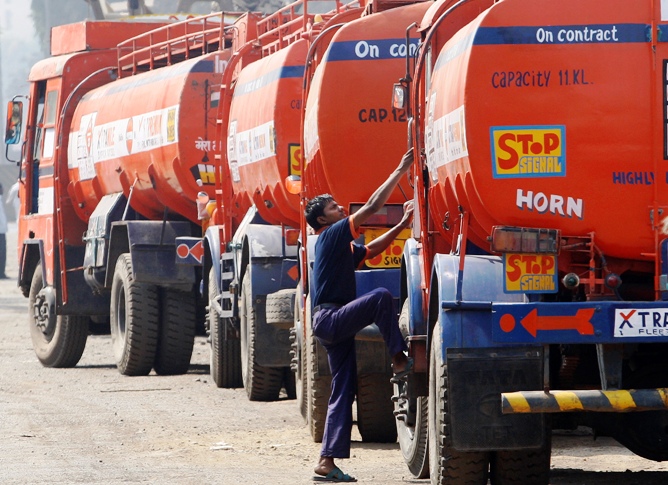
All other oil marketing companies have purchased these covers for their customers.
But dealers do not bother to inform customers.
“It is a group cover bought by OMCs for LPG customers,” said a Bharat Petroleum Corporation Ltd spokesperson.
Dealers have to pay the premium to insurance companies. Consumers don’t have to pay for the insurance cover at all.
The BPCL spokesperson said as and when accidents were reported, the process of providing insurance claim was undertaken.
But experts say the number of claims filed every year is minuscule.
The scheme provided personal-accident cover to third parties and customers and also covered property damage at customer premises, according to the policy, the spokesperson added.
. . .
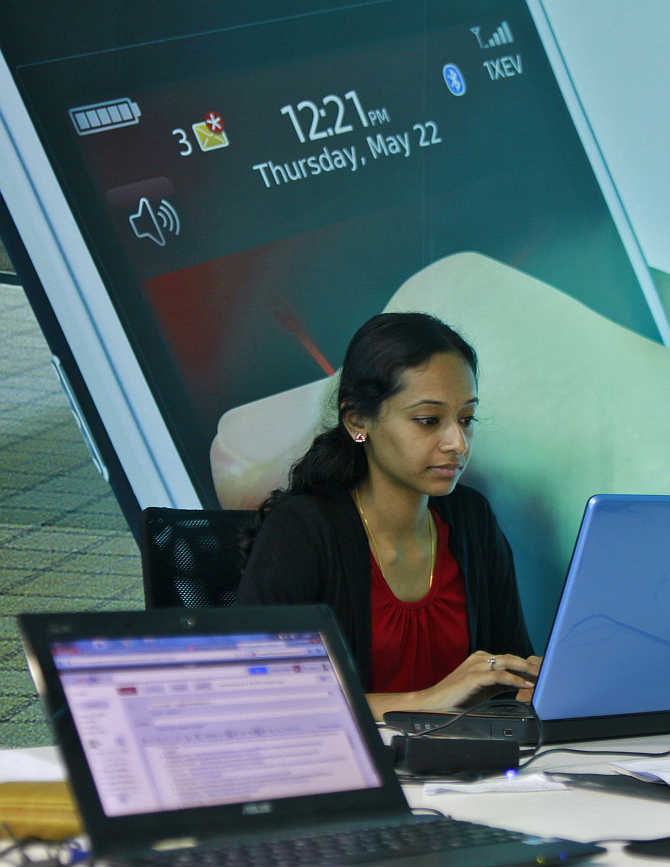
To claim this insurance, one has to contact the distributor and file a claim.
Within 30 days of the insurance company completing its survey, the money will be paid.
However, one has to keep certain things in mind.
For instance, if you do not use accessories (gas pipes, regulator, etc) with ISI marks, you may be denied the claim amount.
Request your gas dealer for a maintenance check on an annual basis.
You will lose the claim money if a maintenance check hasn’t been conducted. Also, keep the maintenance check receipt as proof.
Protection from online frauds
Owing to the rise in card and online frauds, the National Payment Corporation of India has decided to insure such transactions.
This will cover both domestic and international card transactions -- PIN-based transactions on ATMs or points of sale and e-commerce transactions, with a two-step authentication.
The image is used for representational purpose only
. . .
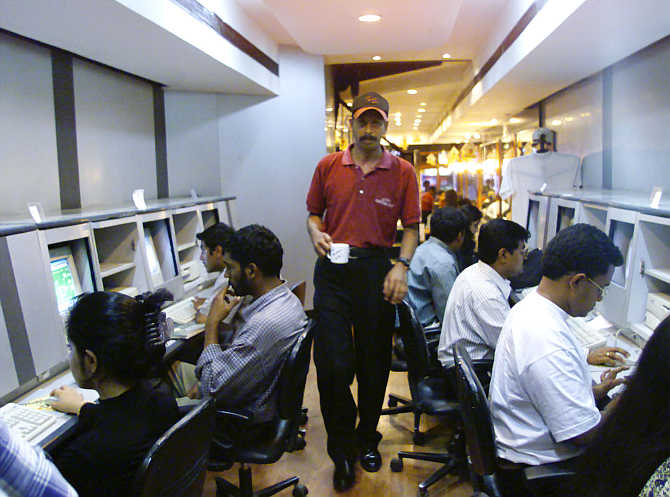
The cover will be over and above the policy taken by a bank.
NPCI has sought requests for proposal to identify and appoint a general insurer to provide cover for frauds that result in financial loss to customers.
According to the NPCI website, the key responsibility of the bidder (the insurer) will be to provide an overall insurance cover of Rs 10 crore (Rs 100 million) and a per-card cover of Rs 50,000.
The insurer will have to settle claims within 30 days of filing by NPCI.
The bidder will also have to honour the request from any member-bank for any additional cover sought, once the policy is issued to NPCI and implemented.
The premia will be paid by NPCI.
Under the insurance policy with the selected bidder, NPCI will initially cover 1.8 billion approved financial transactions.
The image is used for representational purpose only
. . .
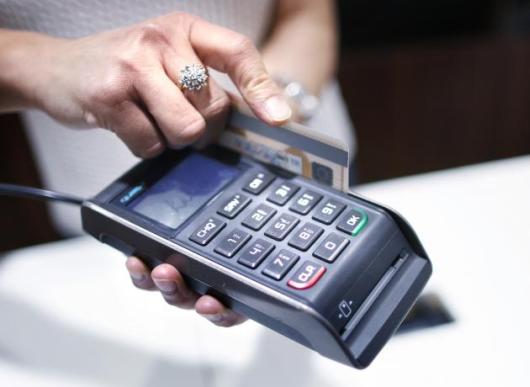
In case of a disputed transaction via a debit/credit card, it is the customer’s responsibility to prove he is not at fault.
Till he does so, he is liable to pay for the transaction.
As protection against this, one can opt for credit or debit cards that have the zero-liability feature.
Both Visa and MasterCard offer this.
Protecting buyers
“White-good manufacturers offer insurance protection against the risk of loss or damage to domestic appliance(s) one buys,” says K G Krishnamoorthy Rao, managing director and chief executive of Future Generali General Insurance.
The cover is provided against electrical or mechanical breakdown and comes under the purview of home appliance insurance.
One can get this on single appliances, too.
. . .
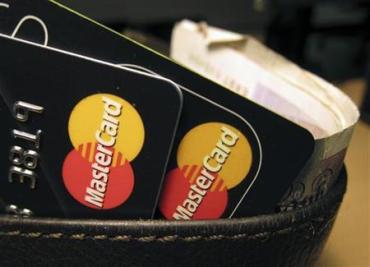
These covers are common during festive seasons.
Though these are made to look free, the appliance cost includes a percentage of insurance cost, around Rs 100-200.
Otherwise, these are offered selectively and sometimes openly charged for, too.
Some feel instead of buying a policy for one or two products from the manufacturer, shopping for a householder’s policy on your own will secure a higher cover for less.
Also, one has to be careful with the cover provided by the manufacturer.
Some plans allow you to choose any service centre, while others may allow only select ones.
And, some plans allow an individual to choose his/her own replacement unit, while others allow one to choose from a list of units provided by them.
. . .
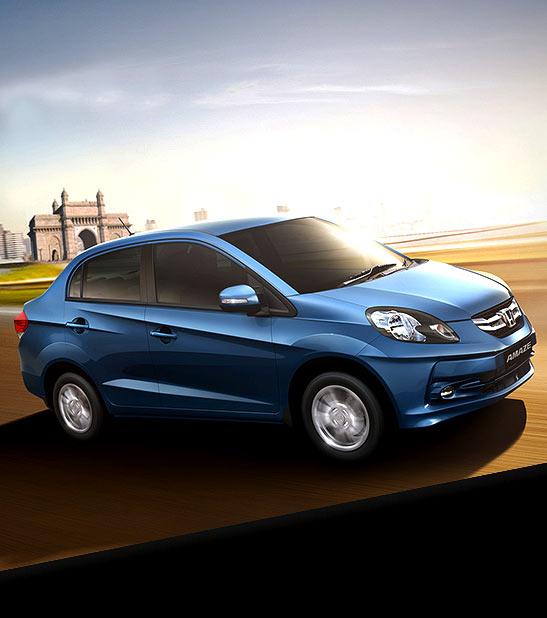
Third-party liability for travelling
As third-party motor insurance is mandatory for all private and commercial vehicle owners, Amarnath Ananthanarayanan, chief executive of Bharti AXA General Insurance, says all travellers are covered.
“All commercial vehicles own third-party liability covers for commercial vehicles.
“If passengers on any of these vehicles die or are injured, claims can be made under the commercial third-party cover,” he says.
According to experts, passengers are covered for Rs 500,000-10 lakh (1 million) each.
Till 2008, Indian Railways also provided a separate cover for passengers.
Since then, the Railways hasn’t bought insurance. It had a passenger insurance scheme, through which Rs 400,000 was provided in case of death.
In injuries resulting from train accidents or any untoward incident, passengers were given Rs 32,000-400,000.
. . .
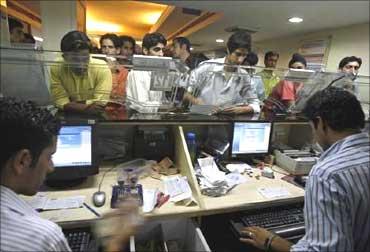
Protecting depositors
Not all new deposit holders are aware of insurance for deposits.
Deposit Insurance and Credit Guarantee Corporation insures all deposits such as savings, fixed, current and recurring for up to Rs 100,000 (for both principal and interest).
If an individual has Rs 90,000 in a deposit account and accrued interest is Rs 5,000, the total amount insured by DICGC would be Rs 95,000.
But if the principal is Rs 100,000, the accrued interest will not be insured, as the total will exceed Rs 100,000.
In this case, the deposits in different branches of a bank are aggregated for the purpose of insurance cover and up to Rs 100,000 is paid.
If the deposits are kept at more than one bank, the deposit insurance coverage limit is applied separately to the deposits in each bank.